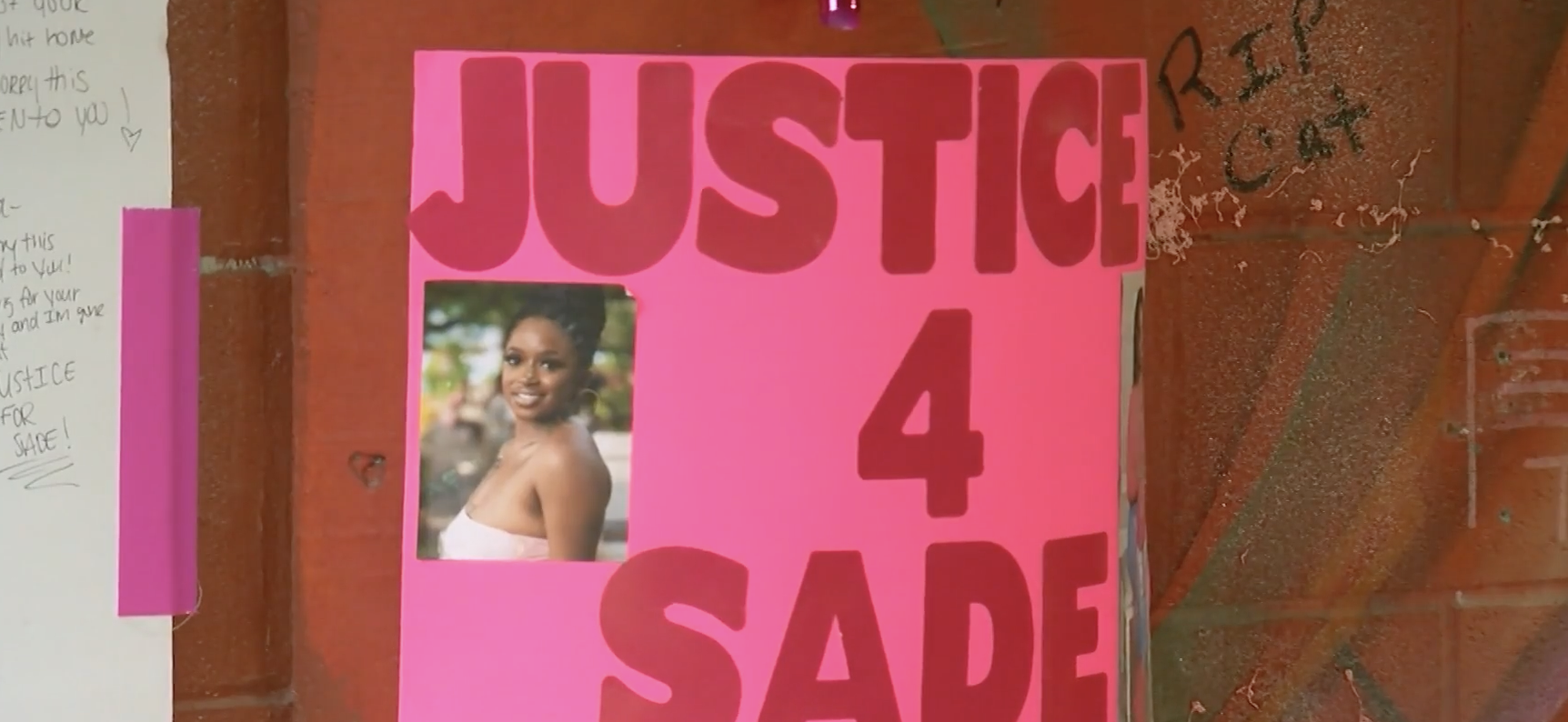Lawmakers unveiled a new statue Wednesday of civil rights icon, educator and women’s rights activist Dr. Mary McLeod Bethune at the U.S. Capitol.
It marks the first time in U.S. history that a Black American represents a state in the Capitol's Statuary Hall.
Born in 1875, Bethune was instrumental in the civil rights movement and was an education trailblazer. She fought to gain freedom from discrimination and for financial, political and educational equality for Black Americans.
The unveiling of the statue marks a “joyous moment” for the Bethune family and for American history, granddaughter Dr. Evelyn Bethune told News4. The unveiling comes a year after Florida opted to remove a statue of Confederate Gen. Edmund Kirby Smith.
Feeling out of the loop? We'll catch you up on the Chicago news you need to know. Sign up for the weekly Chicago Catch-Up newsletter here.
“For her to replace a Confederate general who fought to keep our family and Black people enslaved is a righteous move,” Dr. Evelyn Bethune said.
The towering, white marble statue by Nilda Comas depicts Bethune in academic garb, including a mortarboard cap and tassel. A black marble rose in her left hand “symbolizes her belief that ‘loving thy neighbor’ means interracial, inter-religious and international brotherhood,” the Architect of the Capitol site says.
U.S. & World
Comas, the artist, is the first artist of Puerto Rican descent commissioned to sculpt a statue for the National Statuary Hall Collection, according to the site.
Just south of Logan Circle, Bethune’s local residence from 1943 to 1949 became the first national headquarters of the National Council of Negro Women. The house is significant in many ways and a tribute to Bethune’s resourcefulness. African Americans, Bethune among them, could not stay at many of the city’s hotels.
“So, she opened the third floor of the home as boarding room spaces,” said John Fowler of the National Park Service (NPS).
As her own home away from home, the house holds hints toward the woman behind the iconoclast, including a picture of her parents, former enslaved people, and a replica of a cane that was a gift from first lady Eleanor Roosevelt to Bethune.
“She used the cane, not for health reasons, but for effect,” Fowler said. “She said it gave her swag.”
Standing with the likes of Roosevelt, Josephine Baker and W.E.B. Dubois were among the more notable to cross the threshold of the 147-year-old house in furtherance of the cause and a people.
“She walked with her head held high, and she would encourage all people, but specifically African Americans, to walk with their heads high,” Fowler said.
NPS maintains Council House, which is open for tours Thursday through Saturday. With Bethune’s story gaining attention, the tours are expected to be more popular.
Bethune’s statue in Statuary Hall stand next to a statue of civil rights icon Rosa Parks. Parks' statue, unveiled in 2013, is not part of the Statuary Hall collection.
Bethune would have told modern-day Americans to fight for what’s right, her granddaughter said she believes.
“She would say that we’re too quiet, that those who know what’s right are too silent, and we can no longer wait for people to do the right thing,” Dr. Evelyn Bethune said. “[…] She understood that during that time and she fought.”



